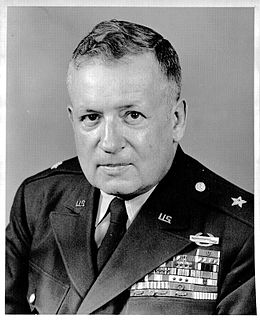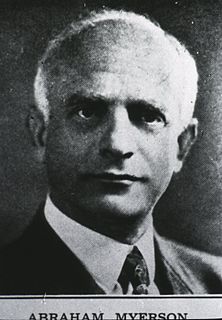A Quote by Joseph Conrad
You can't, in sound morals, condemn a man for taking care of his own integrity. It is his clear duty.
Related Quotes
You can t, in sound morals, condemn a man for taking care of his own integrity. It is his clear duty. And least of all can you condemn an artist pursuing, however humbly and imperfectly, a creative aim. In that interior world where his thought and his emotions go seeking for the experience of imagined adventures, there are no policemen, no law, no pressure of circumstance or dread of opinion to keep him within bounds. Who then is going to say Nay to his temptations if not his conscience?
When a woman submits to a man, it's the most precious gift she can give. Herself. Unreservedly. The man has to respect and honor that gift above all else. Even if he respects nothing else in the world, he must respect the woman in his care. It's his sworn duty to protect, honor and cherish his submissive. To take care of her and provide a safe haven. Someone who would put his own needs above his woman's is no man.
Every man and woman in society has one big duty. That is, to take care of his or her own self. This is a social duty. For, fortunately, the matter stands so that the duty of making the best of one's self individually is not a separate thing from the duty of filling one's place in society, but the two are one, and the latter is accomplished when the former is done
The villager, born humbly and bred hard,
Content his wealth, and poverty his guard,
In action simply just, in conscience clear,
By guilt untainted, undisturb'd by fear,
His means but scanty, and his wants but few,
Labor his business, and his pleasure too,
Enjoys more comforts in a single hour
Than ages give the wretch condemn'd to power.
His face set in grim determination, Richard slogged ahead, his fingers reaching up to touch the tooth under his shirt. Loneliness, deeper than he had never known, sagged his shoulders. All his friends were lost to him. He knew now that his life was not his own. It belonged to his duty, to his task. He was the Seeker. Nothing more. Nothing less. Not his own man, but a pawn to be used by others. A tool, same as his sword, to help others, that they might have the life he had only glimpsed for a twinkling. He was no different from the dark things in the boundary. A bringer of death.






































